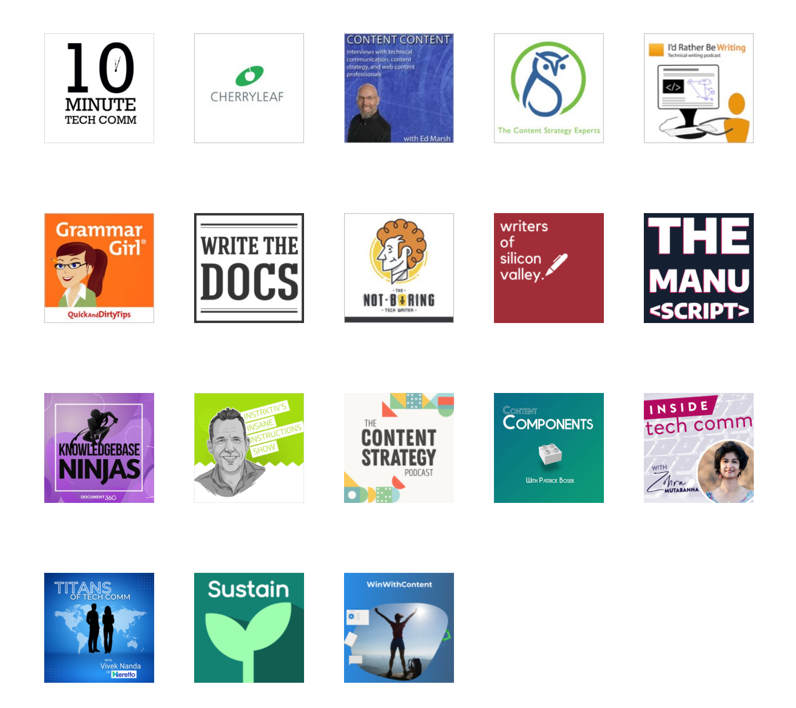Themes from 2021: working from home and podcasting
I just listened to Ellis Pratt’s latest podcast — Lessons learnt in 2021 — in which Ellis collected feedback from listeners on Linkedin. I was surprised that WFH dominated the feedback about what people learned in 2021. It’s somewhat perplexing because I found that I don’t really like working from home, and I’m not sure why. It seems that, overwhelmingly, most people I meet prefer to WFH. I’m the anomaly, and going to a mostly empty office building the other day reinforced that point. What if WFH is here to stay? What a huge pivot in the working model. If so, I need to figure out how to make it work.
I’m not sure where I’m hung up. It’s not the desk, chair, monitors, internet speed, lighting, temperature, or space. I have a near ideal environment. Neither is it an interruptionless environment, as my environment at home is pretty quiet. My kids are at school all day. I’m not even sure I crave human interaction. I’ve never been one to smalltalk with colleagues for more than 5-10 minutes, nor do I operate best through in-person meetings. I seem to need only some brief exchanges during the day to feel socially fulfilled. And like most people, meetings can wear on me, especially if I can’t escape them with virtual distraction. So what gives? Why don’t I prefer to work from home?
I suspect the stumbling block is a psychological one. It’s hard to flip that context from home to work and back to home again. I think I’ll read up on the topic and experiment with the many tips people give, such as setting time blocks and simulating a short walk as a “commute.” It seems such a trivial challenge to master, but with so many big tech companies allowing permanent WFH, I suspect it’s a trend that will be impossible to fight against in the long term. Recently I learned that when you go into work and it feels like a ghost town, it’s even more demotivating than being isolated at home all day.
The second theme for 2021 worth mentioning is the resurgence of podcasts. Take a minute to look at all the recent new podcasts, such as Inside Tech Comm, The Manuscript, Titans of Tech Comm, Content Components, WinWithContent, Sustain, as well as a continuation of the regulars, such as Cherryleaf, The Content Strategy Experts, 10 Minute Tech Comm, and more. (In contrast, blogs seem to have grown thinner. In fact, I’m not sure that I’m even a blogger as much as an online content creator — a 150+ page online course is hardly a reverse chronological diary.)
For a browsable list of podcasts, see my page Other tech comm podcasts.
Some years ago, I was really into podcasting, but my efforts fizzled (or rather transitioned into the WTD podcast, which also fizzled). Somehow I lost interest in podcasting. But why did so many people take up podcasting recently? Is it the desire for human connection that comes through hearing others’ voices? For sure, inviting someone into your head space and listening to their thoughts and ideas at length creates a personal connection (one that is described as a “parasocial” relationship).
Podcasts are also sometimes easier to create. You don’t have to obsess about language, structure, and flow. You mostly find someone insightful and pick their brain for an hour — easy content, and you learn what you want to learn. In turn, they get visibility and recognition. But podcasts can still take a long time to set up, schedule, produce, publish, etc..
Paradoxically, I often don’t have time to read a long blog post, but if I’m multitasking (biking, walking, shooting baskets, cleaning), I can listen to an hour-long podcast, if it’s engaging. But I can’t read and multitask, unfortunately, as my neural pathways are too narrow. :)
Here’s some more reading on podcasts:
About Tom Johnson

I'm an API technical writer based in the Seattle area. On this blog, I write about topics related to technical writing and communication — such as software documentation, API documentation, AI, information architecture, content strategy, writing processes, plain language, tech comm careers, and more. Check out my API documentation course if you're looking for more info about documenting APIs. Or see my posts on AI and AI course section for more on the latest in AI and tech comm.
If you're a technical writer and want to keep on top of the latest trends in the tech comm, be sure to subscribe to email updates below. You can also learn more about me or contact me. Finally, note that the opinions I express on my blog are my own points of view, not that of my employer.


